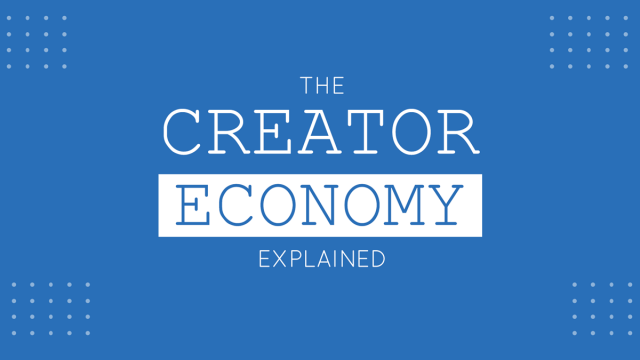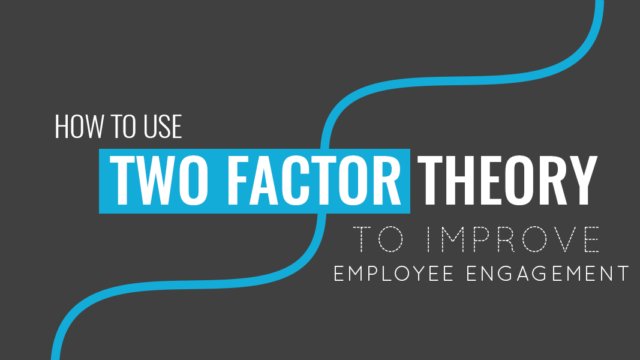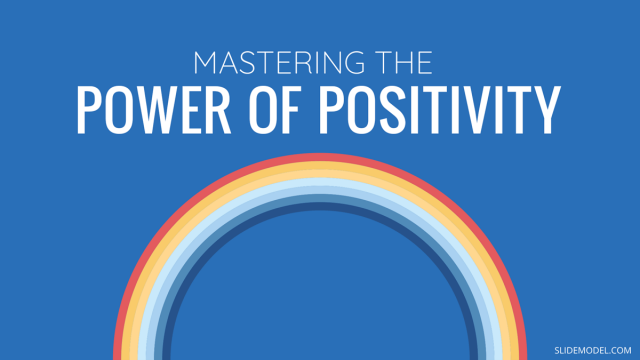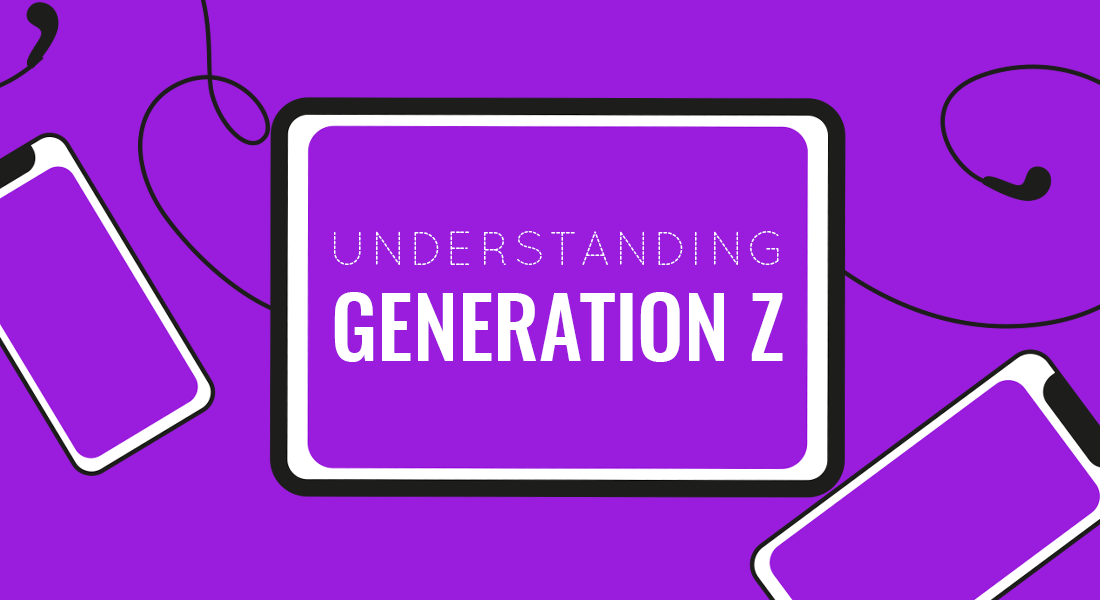
Generation Z, Zoomers, iGen, Homeland Generation, Gen Tech — many names are floating around the interwebs to describe the “commonly uncommon” generation of 8 to 23-year olds. So who is Gen Z really? Let’s figure it out together!
What is Generation Z?
Generation Z (Zoomers for short or Zoomer generation) is the new cohort of young, digitally-native and hypercognitive folks who already comprise 24.3% of the U.S. population. Born to Baby Boomers and older Gen Y parents, Gen Z is coming right after Millennials (Gen Y) on the generation scale.
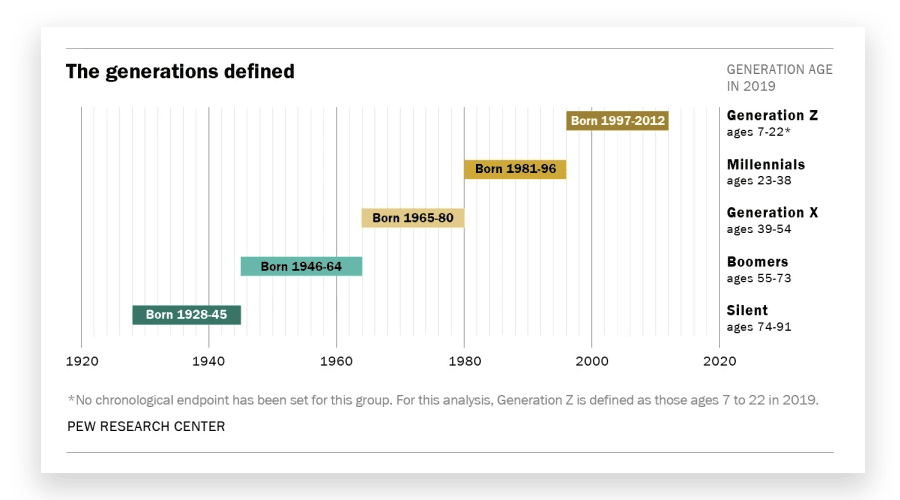
The coming of age Generation Z years fall on the new millennium. They are fully used to living in the digital world dominated by social networks, mobile apps and all sorts of other tech gizmos. And such a high degree of connectivity has a major impact on their habits, preferences and overall worldview.
But before we dive into that, let’s take a look at several other important socioeconomic Gen Z traits. According to various sources:
- Gen Z is the most ethnically and racially diverse generation up to date. 48% of them are ethnic minorities.
- Unlike their parents, they are way more tolerant. More than half of Zoomers want more options than “male/female” in online forms, and they demand the same treatment from brands.
- While 76% of them say that they belong to some religion, their views are rather liberal (according to McKinsey).
- 42% of older Gen Z (aged 17-23) already earn money, either by freelancing or through part-time work.
- Gen Z politics views tend to be in the moderate camp. However, 46% of them are still not fully decided and do not identify themselves with any political parties.

Furthermore, when benchmarking Generation Z vs Millennials, you can notice that Gen Zs tend to be more pragmatic and realistic. They were growing up in tough times when the world was changing rapidly — 2008 market crash and follow-up recession, increasing gun violence, global revolutions, and democratic movements, the rise of citizen journalism and social influencing online.
All of the above made them somewhat more cautious when it comes to their future and, at the same time, more vocal and socially conscious in regards to corporate responsibility, environmental issues and politics overall.
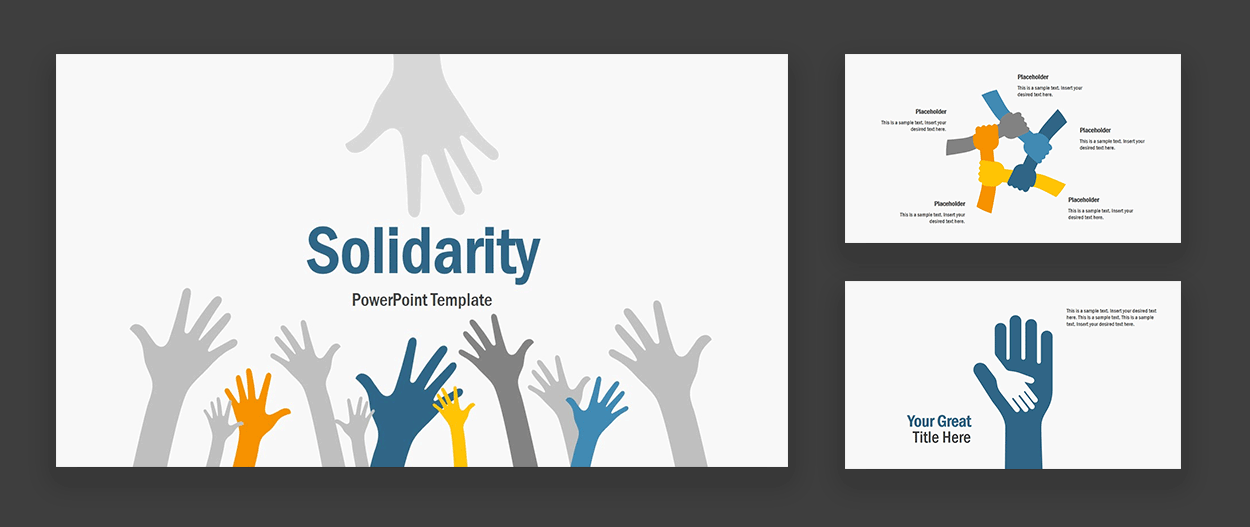
Defining Generation Z Characteristics
Early on the researchers’ radar, Gen Z generation still remains somewhat a blind spot for employers, marketers and business leaders. To add some clarity, we analyzed various Gen Z statistics and dipped into Voice of Customer data to paint a better picture of this new global force and their impact cross-industry.
Zoomers are Highly Connected
This should come as no surprise considering that they grew up during the tech boom (the late 00s to 10s). So the world web quickly became their main “playground”. On average, Zoomers spend 11 hours on their mobile phones per week.
That’s expected, considering that the majority (74%) say that they spend most of their free time hanging out online.
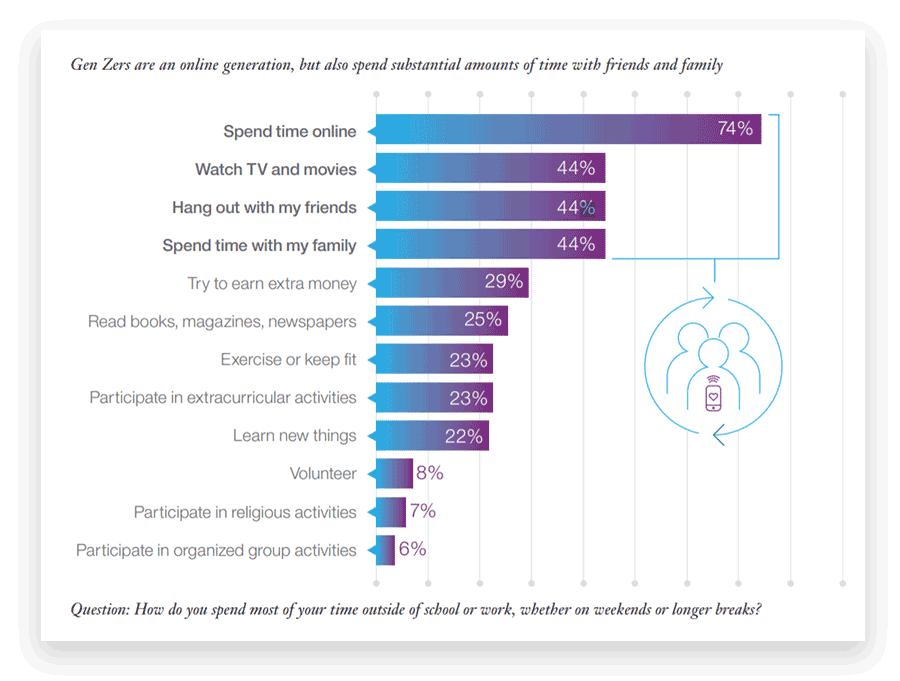
This tendency to spend most of their time in the digital space has given Gen Z an ability to rapidly collect and cross-reference information from many sources. Also, they are highly comfortable with integrating online and offline experiences.
These two tendencies further manifest themselves in Zoomers’ preference for instant availability, 24/7 connectivity and overall fast pace of communication. They are used to having everything available at their fingertips. This, in turn, makes them less tolerant of clunky, slower processes (e.g. manual document filling or long product shipping time).
Gen Z is Driven By Brand Values (and The Hype Around Them)
Marketing to Gen Z can be tricky since this generation has two rather different camps of consumers as highlighted in the “The Gen Z Equation” whitepaper.
First, there’s the Generation Me cohort — instant gratification seekers, social-media obsessed fashionistas and escapist. This cohort of Zoomers is the ideal buyer persona for retail companies. They are quick to purchase from hyped brands, will queue for hours during a new product launch and become vocal brand ambassadors on social media as long as the brand maintains a trending place in the Gen Z culture.
Some examples of the brands Gen-Z obsess over include:
- Streetwear brands — Supreme, Bape, Nike, Under Armour, Off White
- CPG brands — Oreo, Doritos, Sprite, Skittles
- Tech brands — Google, Netflix, YouTube, Amazon, Spotify.
- Cosmetics brands — Kylie Cosmetics, Fenty Beauty, Lush, Urban Decay
The problem for brands, however, is that after a few social media posts, Gen Me members will quickly drop the hyped market on the resale market to fund their newest obsession. As a result, the resale market is expected to outpace fast fashion by 2027 as the whitepaper indicates.
The second cohort is Gen We — more socially conscious, expressive and compassionate peeps that don’t buy into the hype. They are far more concerned about ethical production, sustainability, and transparency. When researching a product, they look far beyond its quality and supporting advertising campaigns.
According to a survey:
- 53% of Zoomers have chosen a brand/product because they wanted to show support for the issues they stood up for/represented.
- 40% have stopped buying from or boycotted a brand because they stood for something or behaved in a way that didn’t align with their values.
- 25% always/often settle for a product or service solely because they believe in the brand’s values and want to support them.
Considering that Gen Z already holds $44 billion of buying power, brands should really take notice and practice more integrity!
In general, this group favors brands with transparent, approachable and honest personalities since they tend to quickly form connections with their favorite companies on personal and emotional levels. Also, they are often huge supporters of DTC brands, especially those practicing sustainability and low-waste manufacturing.
Generation Z are Careful with Their Finances
Even the Generation Me representatives are rather cautious when it comes to their finances (as their tendency to resell clothes shows). Gen Zs grew up watching the debt-ridden and somewhat financially irresponsible Millennials. And it seems that they do not want to repeat their financial mistakes.
According to the American Banker, most Gen Z has a strong aversion to debt and says that it should be avoided at all costs. Furthermore, they are active savers: 12% are already putting away money for retirement. In fact, the average age when they start researching financial planning topics is 13 years! old.
Due to such high levels of interest, banks and fintech companies are learning to speak Gen Z lingo and attempt to bring Zoomer-friendly products to the market (with a varying degree of success). However, the opportunity for niche financial products, especially those related to savings and financial planning is indeed big as 71% of Gen Z say that they are prioritizing savings for their future right now.
Zoomers Seek Meaningful Work
The Millenial age group was problematic for managers. Gen Z won’t cut much slack to their older managers either as they prefer to work on their own terms and be judged on their own merits, rather than cumulative team input.
Some of the defining Generation Z characteristics in the workplace are as follows:
- While Zoomers do have entrepreneurial aspirations and often freelance/pick up gig jobs, most of them actually prefer more career stability and development.
- A half of Gen Z (51%) name tech as the top industry where they’d like to work, followed by “meaningful” careers in education (41%) and healthcare (37%).
- Also, we’d likely see more Gen Z and millennials teams in the workplace as 77% of the former say that they’d prefer a Millennial manager over Gen X or Boomers.
- But, unlike Millennials, they are more independent and require less “hand-holding” at their jobs. In fact, 43% of Generation Z learners prefer a fully self-directed and independent approach to e-learning.
Gen Z Value Creativity, Self-Expression and Personalization
One of the main strengths and weaknesses of Generation Z is that they attempt to mellow out their self-centricity with a greater desire for self-expression and creativity. Rather than using social media as a medium to brag and cultivate other narcissistic tendencies, 56% of Gen Z say that they use social apps to express themselves creatively online.

What’s more Gen Zs maintain those creative aspirations IRL too. According to the same report, 77% of them often do creative activities (painting, dancing, singing, etc) offline.
This tendency for self-expression further manifests in Gen Z shopping preferences. Avidly, they engage with brands in product co-creation. Also, 58% of them are ready to pay more for hyper-personalized products, tailored specifically to their personalities. So brands better take notice!
Nike is a long-term adept of this strategy. The company’s burgeoning Nike+ community servers as a strategic channel for collecting customer feedback, overall product sentiment and product development ideas for customized garments.
Supreme also maintains high community engagement though its limited drop strategy — the tendency to drop new items every Thursday to maintain a constant buzz around their brand. Furthermore, as YPulse’s research shows Gen Z is far more likely to purchase limited edition items from brands — another attestation to their “creative” side.
Future Outlook: What Generation is After Gen Z?
If you are not yet tired of the generation names, here’s another one to remember — Generation Alpha.
Alphas are Zoomers successors, born between 10s and 20s. Since most of them are still under 10 years old, it’s hard to make definite predictions about how this generation will turn out. Though some consultants are already attempting to put some labels on them.
AdAge indicates that Alphas may become the most technologically immersed, best-educated and, as a result, the wealthiest generation of all. And already, these kids of Millennial parents are major influencers in their households. For instance, two-thirds of surveyed parents said that their children’s’ needs and preferences influenced their last technology purchase.
Beyond their living rooms, the young Alphas (with their parent’s help) are also accumulating social media influence. Such child influencers already have a major following on Instagram and some boast over 1 million subscribers on YouTube.
Clearly, marketing to them would become an even more complex challenge than reaching out to Gen Zs today.
